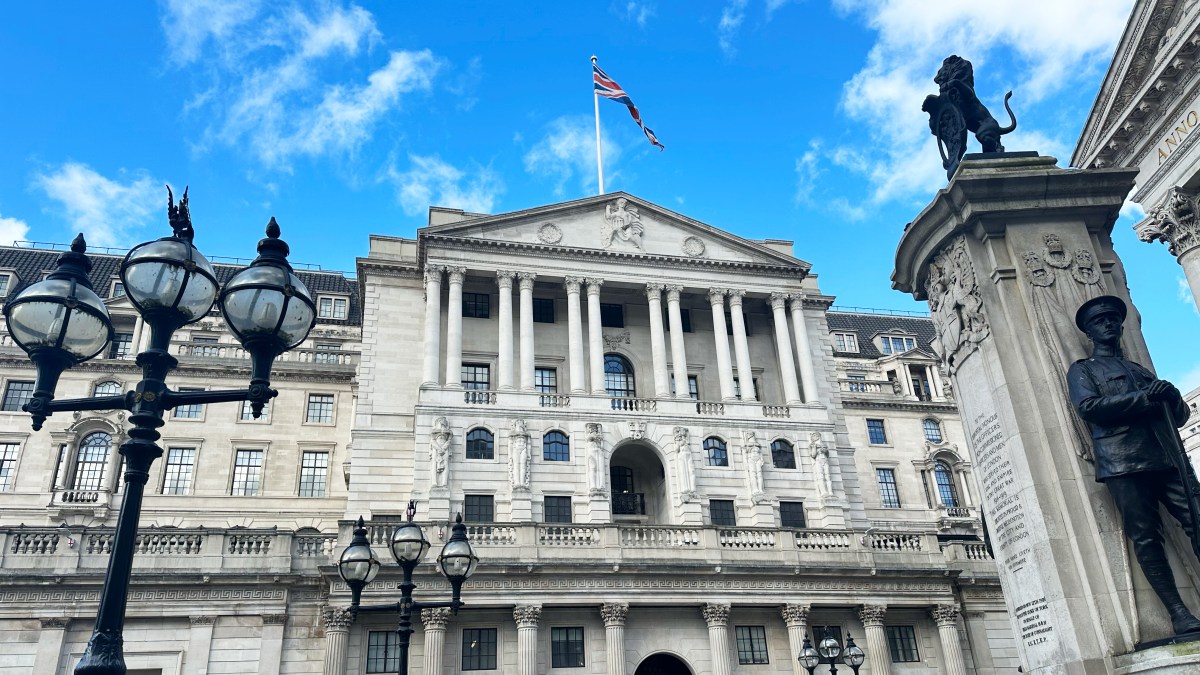The Office for National Statistics has postponed the publication of its monthly retail sales figures in the latest sign that the agency is struggling to produce data that accurately captures trends in the UK economy.
The statistics agency said on Tuesday that it had delayed the consumer spending numbers so that it could carry out further “quality assurance” checks on the data. Retail sales figures for July were due to be published on Friday but will now be released on September 5.
A string of delays to key pieces of information released by the ONS that help politicians to create tax and spending policies and Bank of England officials to set interest rates have magnified concerns about whether the agency’s data reflects what is going on in the economy.
In March, the ONS delayed the release of UK trade figures, citing errors from 2023, at a time when President Trump had started to voice his intention to impose tariffs on goods imported into the United States.
The release of a measure of prices paid for components used to manufacture goods, called the producer price index, was also paused in March after the ONS discovered problems with the data stretching back to the 2008 global financial crisis.
“To delay the release three days before it was due and for two weeks is poor,” Jamie Constable, a partner at Singer Capital Markets, the investment bank, said. “It suggests that they do have concerns about the integrity of the data and those are large enough to warrant further investigation.”
The ONS will detail its concerns about the retail sales numbers only when they are released at the later date in two weeks. According to the agency’s latest estimate for June, sales jumped by 0.9 per cent compared with a 2.8 per cent drop in May.
The ONS thinks that consumer spending was 1.6 per cent below its pre-pandemic trend, which economists have said partly explains the UK’s sluggish economic growth rate. On the other hand, ONS data suggested that the savings rate had risen sharply since the Covid-19 crisis to more than 10 per cent of households’ monthly income, although these figures are regularly revised.
Separately on Tuesday, the ONS said it now that the UK economy grew 0.3 percentage points quicker in the years after the pandemic after it received richer data on research and development and pharmaceutical activities.
There is mounting evidence that points to a widespread erosion in the quality of official statistics that measure developments in UK living standards, economic growth, unemployment and inflation.
Andrew Bailey, governor of the Bank of England, has said that the poor quality of economic data is a “substantial problem” for policymakers, while a government review concluded in June that there were “deep-seated” problems within the ONS. In May, Sir Ian Diamond abruptly stepped down as the agency’s chief, owing to health problems.
The ONS is in the process of overhauling its monthly labour market figures to address quality issues caused by a rapid and sharp decline in the share of people that respond to a survey that underpins the publication. The project, which has cost more than £40 million so far, is way behind schedule, has been abruptly delayed several times and is expected to conclude in 2027.
Philip Shaw, chief UK economist at Investec, said: “The amount of official economic data that has been subject to problems is very disappointing and it is fortunate that there are alternative sources we can use to make judgments about the economy.”
A deterioration in data standards is not isolated to the ONS. The response rate to the Department for Work and Pensions’ family resources survey, which started in 1992 and tracks developments in poverty and living standards, has tumbled to 25 per cent from 60 per cent 15 years ago.
Another survey crucial to the ONS’s monthly GDP estimates, the living costs and food survey, has also suffered a tumbling response rate, down to a record low of 22 per cent last year from about 60 per cent at the turn of the millennium.
